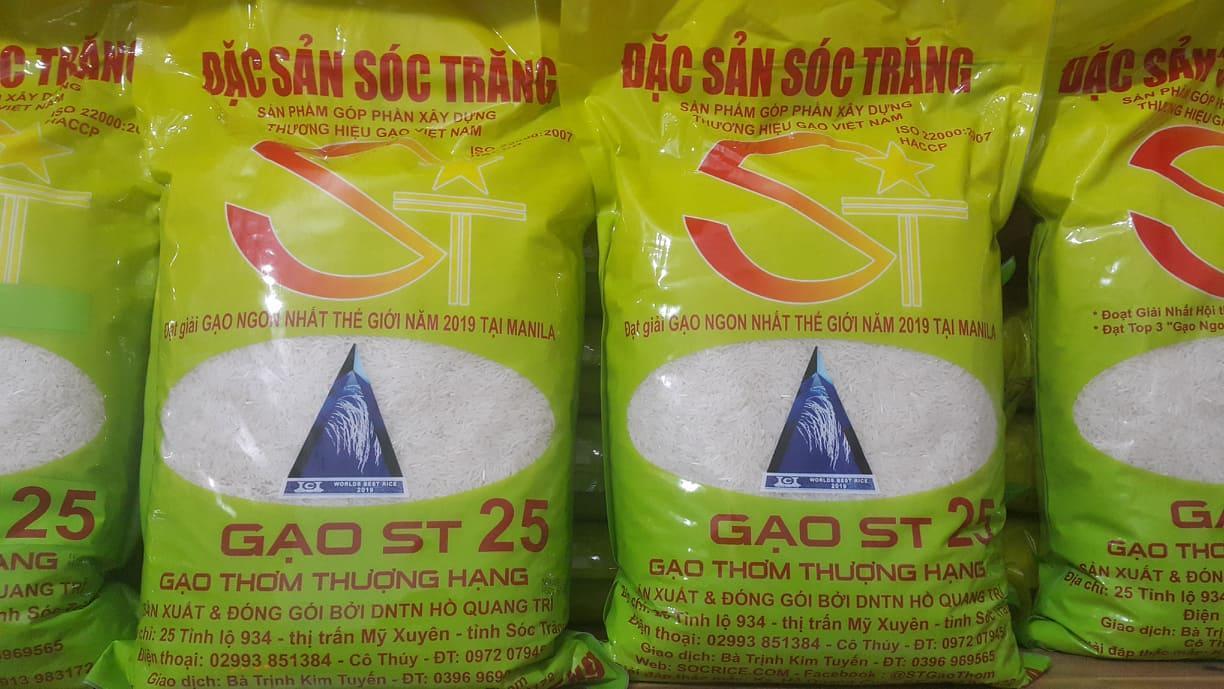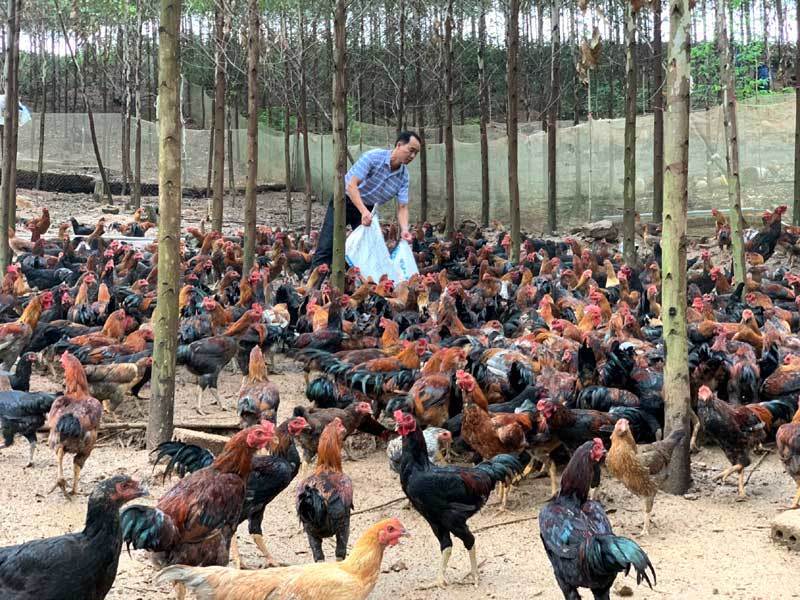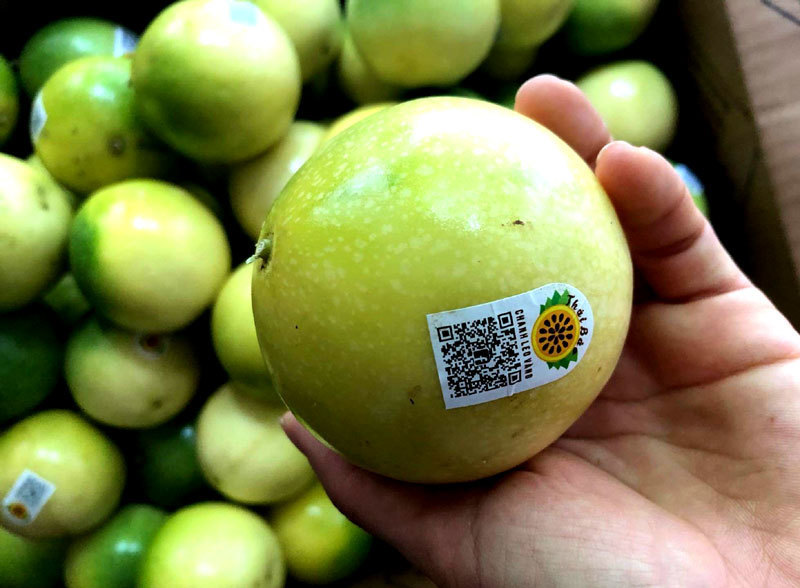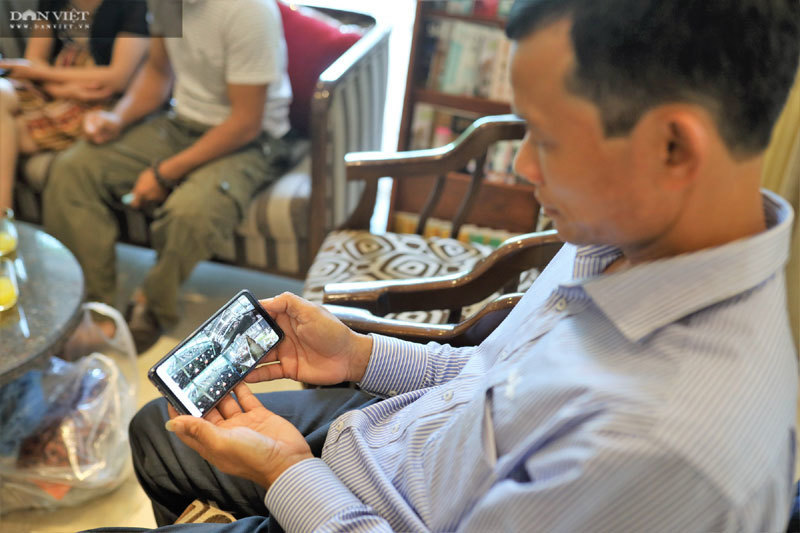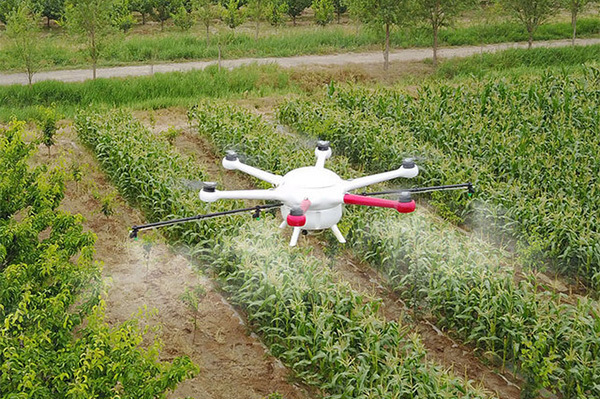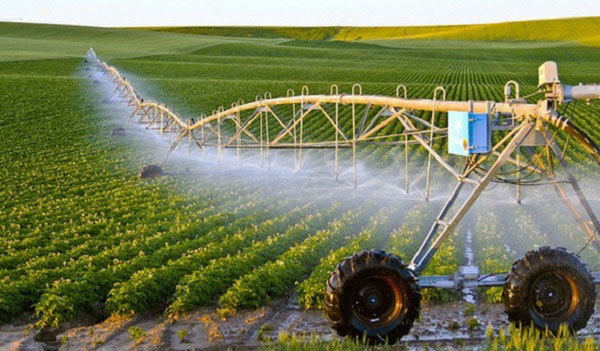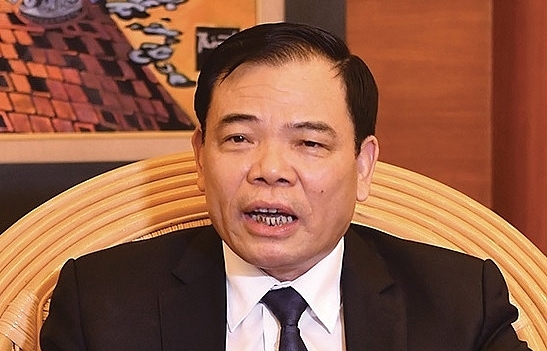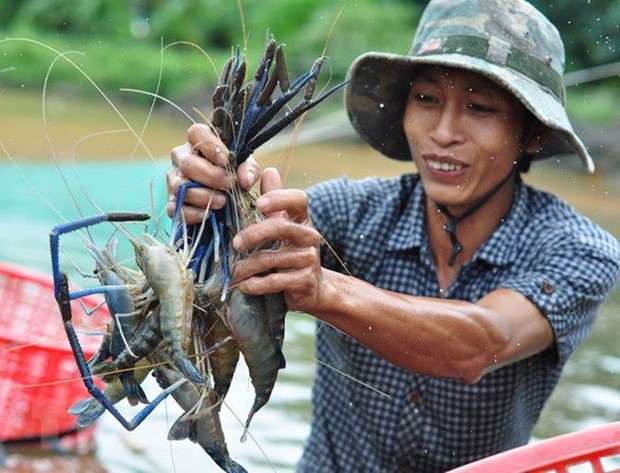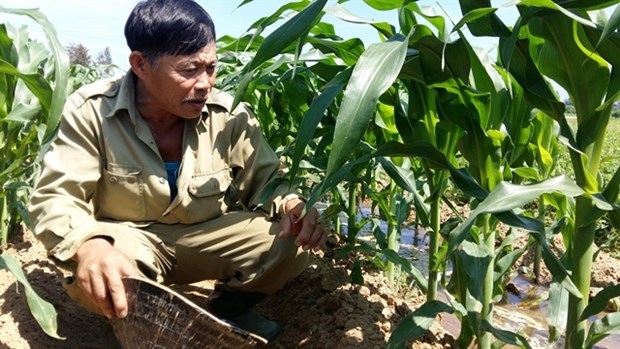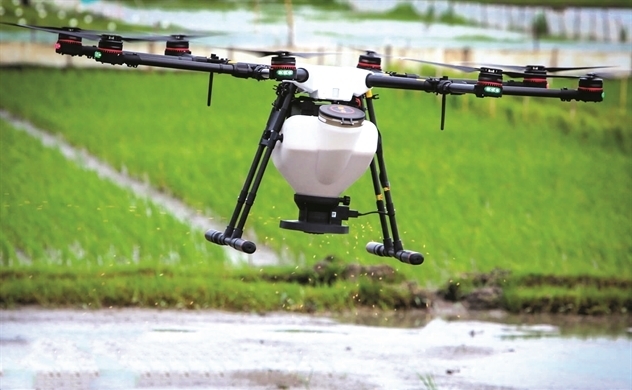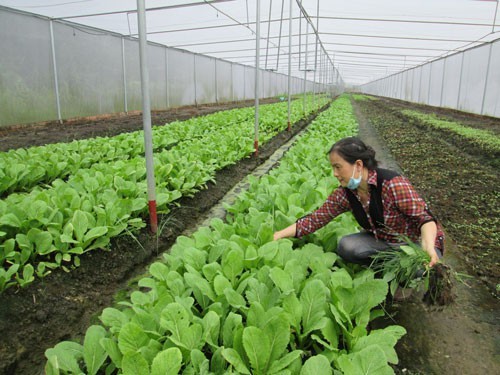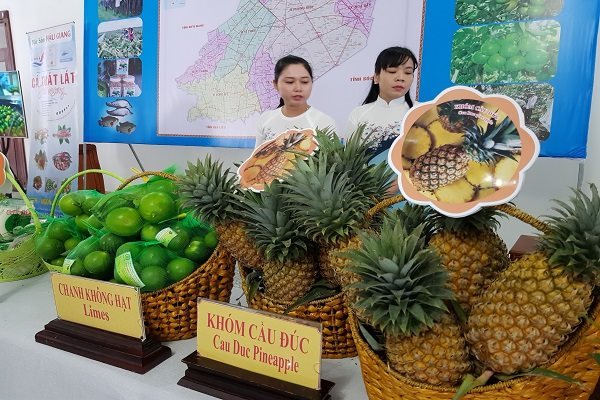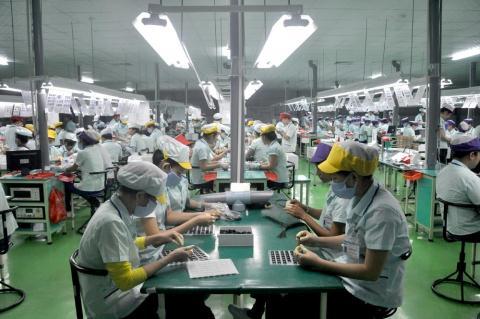- © Copyright of Vietnamnet Global.
- Tel: 024 3772 7988 Fax: (024) 37722734
- Email: evnn@vietnamnet.vn
hi-tech agriculture
Update news hi-tech agriculture
Young farmer earns billions of VND a year from rabbit exports to Japan
After many years raising rabbits, Do Quoc Toan, a farmer in Dan Phuong district in Hanoi, has reaped fruit. His rabbit farm brings revenue of over VND1 billion a year.
Big businesses pour money into agriculture, expect no profit in short term
Some billionaires have made big investment in agriculture with an ambitious plan to build a strong brand for Vietnam’s farm produce, but they do not expect to make a profit in the short term.
Barefoot billionaires: raising fowl, growing fruits
Farmers raising fowl and growing pomelo and litchis are earning tens of trillions of dong in Bac Giang Province by using high technology in agricultural production.
Northwest region: passion fruit brings high profit
There are no barren cassava and maize fields as seen in the past on hillsides in Mo Cong hamlet in Son La province. The hills are now covered with passion fruit, bringing growers billions of dong a year.
Modern Vietnamese farmers: wear suits, sit in Hanoi and feed fowl in Dak Lak
Many Vietnamese farmers just need to press a button to grow vegetables and raise pigs, and click a mouse to sell vegetables in the global market.
Vietnam agriculture targets big firms but should not forget smaller companies
Vietnam tries to attract ‘eagles’, or big investors, into agriculture, but it also needs ‘sparrows’ or cooperatives and small enterprises.
Hi-tech application - a key to promote agriculture sector
Cooperation between businesses and farmers plays a key role in the agriculture sector's sustainable development.
AI-based drones help analyze health of crops
The drones using artificial intelligence (AI) technology developed by MiSmart are all unmanned aerial vehicles (UAV) manufactured locally by Vietnamese.
Digitisation helps narrow urban-rural gap: experts
Digital transformation provides a challenge and opportunity for sustainable agricultural and rural development and narrowing gaps between rural and urban areas, experts have said.
Smartphones 'determine the fate' of VND-billionaire farmers
Over the last 10 years of developing farming chains and observing strict requirements, farmers who have earned annual incomes of billions of dong have been increasingly using digital technology.
Leaving university, he now earns VND30bil/year from growing mushrooms
Trieu Quang Trung decided to leave university to pursue his passion – growing mushrooms. He now owns a mushrooming growing facility which brings turnover of VND30-36 billion a year.
Scientist makes slow-release fertilizer, the first of its kind in Vietnam
 The ‘smart’ fertilizer, used once per crop, saves money and labor, and reduces environmental pollution.
The ‘smart’ fertilizer, used once per crop, saves money and labor, and reduces environmental pollution.
Vietnam can become food supplier to the whole world: VIDA’s chair
 Vietnam has an opportunity to become the food supplier of the world, according to Truong Gia Binh, an influential businessman.
Vietnam has an opportunity to become the food supplier of the world, according to Truong Gia Binh, an influential businessman.
Levelling up agriculture through modern tech and linking farming communities
 Digitalising the agricultural sector is an essential requirement in the context of disease and climate change.
Digitalising the agricultural sector is an essential requirement in the context of disease and climate change.
Kien Giang aims to raise value of key farming products
The Mekong Delta province of Kien Giang will focus on increasing the value and competitiveness of its agriculture produce this year.
Organic farms fuel sustainable development
 Born in Dien Ban Town, Quang Nam province, 37-year-old Duong Hien Tu has developed the area's first organic ecological agriculture system and a sustainable farming model over the past seven years to create the An Phu organic farm brand.
Born in Dien Ban Town, Quang Nam province, 37-year-old Duong Hien Tu has developed the area's first organic ecological agriculture system and a sustainable farming model over the past seven years to create the An Phu organic farm brand.
Drones now used by Vietnam’s rice farmers
 Loc Troi Group, an agriculture firm, conducts pesticide spraying by drones on 25,000 hectares of fields in cooperation with farmers in Long An province.
Loc Troi Group, an agriculture firm, conducts pesticide spraying by drones on 25,000 hectares of fields in cooperation with farmers in Long An province.
Difficulty in land access hinders 4.0 agriculture in Vietnam
 Hi-tech agriculture cooperatives in HCMC are finding it difficult to expand production scale, while farmers are reluctant to make investments because of complicated procedures.
Hi-tech agriculture cooperatives in HCMC are finding it difficult to expand production scale, while farmers are reluctant to make investments because of complicated procedures.
Organic agriculture treads thorny path
 Vo Tong Xuan, rector of the Nam Can Tho University, a respected agriculture expert, says that many Vietnamese hesitate to buy organic farm produce because of high prices.
Vo Tong Xuan, rector of the Nam Can Tho University, a respected agriculture expert, says that many Vietnamese hesitate to buy organic farm produce because of high prices.
Vietnam needs new method to attract FDI from US, EU: experts
 Vietnam attracts FDI by offering preferences in land access and tax incentives. However, if it wants to attract FDI from the US and EU, preferences alone will not be enough.
Vietnam attracts FDI by offering preferences in land access and tax incentives. However, if it wants to attract FDI from the US and EU, preferences alone will not be enough.

